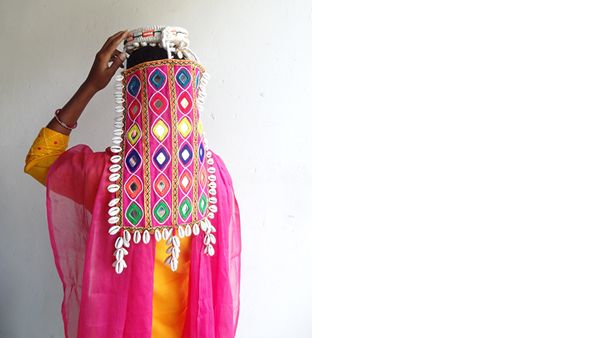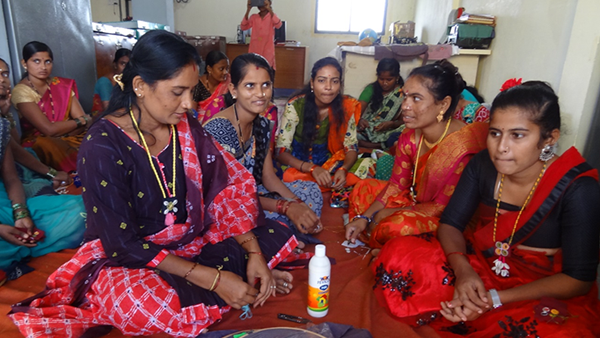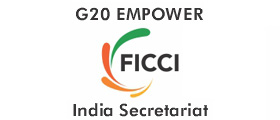When her parents migrated to Bengaluru for work, Yashodha Pawar did not move with them – she chose to stay back in her home in Thanagundi tanda, a few kilometers from the town of Yadgir in north Karnataka, to learn the art of Lambani embroidery – a speciality of her community that is passed down through generations of women.
“I love the exquisite stitching patterns of this artform,” the 20-year-old says, while displaying the exquisite and colourful designs she had stitched at a small centre, run by Kalike, a Tata Trust initiative backed by the Yadgir district administration. “I want to make a living out of this traditional art and also help keep it alive and thriving by training others in this beautiful artform.”
The Lambani embroidery relies on 34 different exquisite stitching patterns that mimic insect-walk. For example, Koso Teko is a zig zag pattern, but resembles ants walking in parallel lines, one going up, the other going down; or Jali – it resembles spider web; Vele – meaning creeper. Ingli is a pattern imitating an insect that walks backwards.
Yashodha is part of a 40-member all-women group of Lambani women, who have been skilling or re-skilling themselves in the Lambani embroidery art and designing a whole range of products, including purses, mobile phone holders, women’s clothes, doormats and dining table mats, wall hangings, and even friendship bands.
This all-women cooperative is perhaps the only one in India that is actively trying to conserve and revive the Lambani embroidery, while also providing livelihood opportunities to women.
From raw material to training to market linkage – the Kalike initiative works on the entire value chain, backward and forward linkages, with outlets in Yadgir and in other cities.
“We rope them in, train them, and provide them with employment here,” says Pramila K., senior programme manager of Kalike, Yadgir.
During the three-month training, the participants receive a stipend and a travel allowance.
“This is a predominantly rain-dependent agriculture district with no industries or services, with heavy seasonal migration of people,” says Snehal R., the district collector. “So, we focus on skilling women.”
“I am merely passing on the skill from older generation to the new ones with an eye on the market,” Pramila, the master trainer says. She was taught the stitching patterns by two of the community’s oldest artisans, Devibai and Shantibai, who live in a village called Mundargi about 30 km from Yadgir town.
Apart from setting up a training centre and hub for the Lambani women, the Kalike initiative has also networked with Lambani women Self Help Groups, such as the Indira Gandhi Self Help Group in Allipur Tanda – a ten-member group that makes different artefacts and embroidered apparels for buyers.
“We can get hundreds of women from our community to join us,” says Chandabai of the Allipur Self Help Group. “All we need help with, is the market – leave the rest to us.”
 |
 |
These stories of women-led development have been compiled by UN Women India. All copyrights to the stories and images are held by UN Women India Country Office dated December 2022. |

